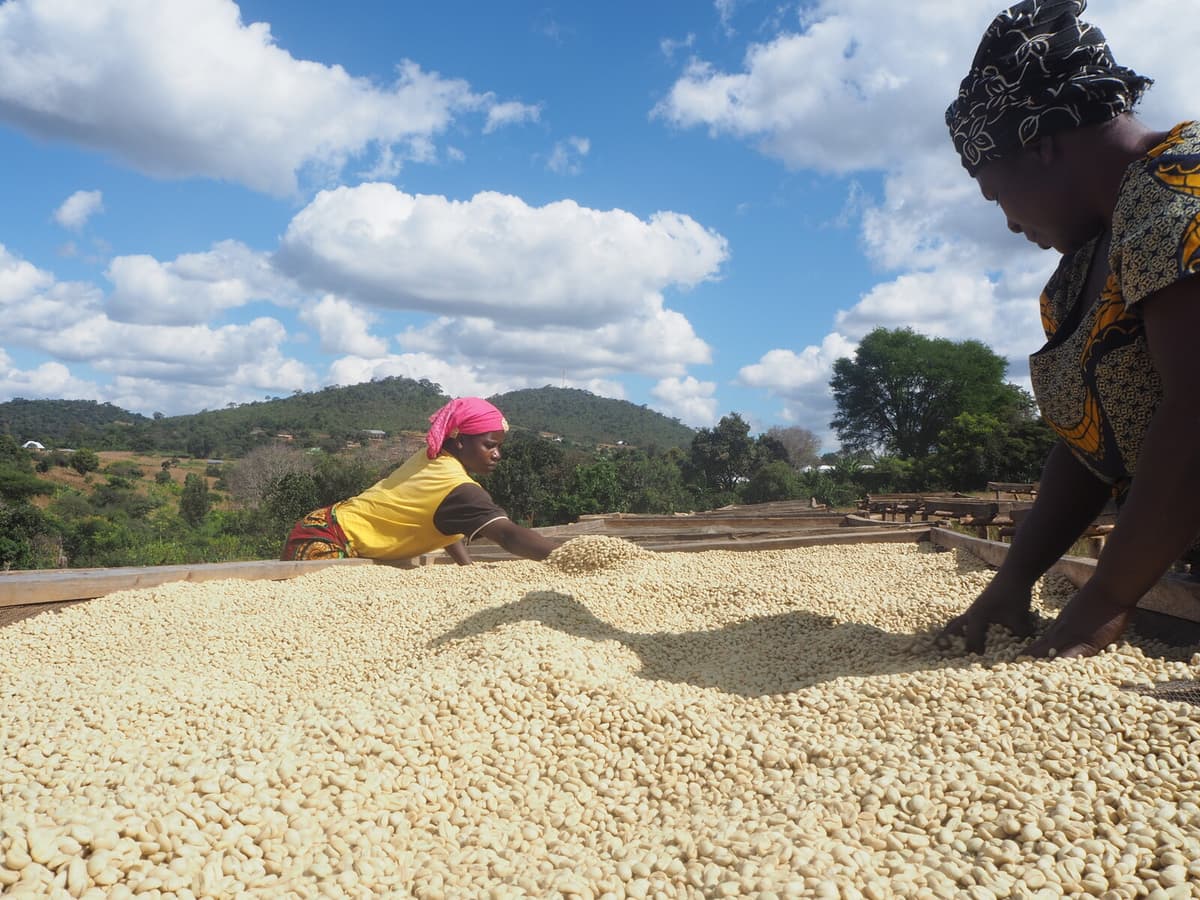Over three years, the project has had significant importance for the regions of Ruvuma, Mbeya, and Songwe in Tanzania.
We saw that coffee production was low. This was due to unsustainable methods for land management and inadequate handling after harvest, says Rashid Malaya, who was responsible for the project.
Better Plantations
Among other things, small-scale farmers were provided with better coffee plantations, of a variety that is more climate-resistant, ripens faster, and resists certain diseases.
New farms were also established on 2,572 hectares that received the plantations.
I have over 5,000 plantations that I have set up in three rounds, which has generated income and benefits for me, says Ferdinand Ndunguru, one of the farmers who participated in the initiative, in a
.
On the coffee farms, the employees were also trained in how to help the cultivation by planting trees. In some cases, it involves fruit trees like avocado and mango, in other cases, trees intended as timber. Apart from shading the coffee, the crops are also protected from wind, erosion, and contribute to the soil's nutrient balance.
Fewer Malnourished
The results did not wait. Over three years, the average yield per tree increased from 0.4 to 0.6 kilos per tree, and production from 24,400 tons to 33,200 tons. Moreover, the price that farmers could sell their coffee for also increased by over 40 percent, partly due to higher quality, partly due to rising prices on the global coffee market.
11,329 jobs were created, and malnutrition was almost halved in the region.
Sustainable Effects
Now the project is finished, but Rashid Malaya believes that the positive changes will persist. Coffee production is expected to increase by another 50 percent when the plantations have grown.
I believe that it will have a significant impact in the country, says he and tells that he recently met a farmer who had planted trees in his cultivation.
It was wonderful to see how he had learned from another farmer and himself begun to adapt. So we have also created a spreading effect.
The coffee development project Code-P took place between June 2020 and May 2024. The goal was to develop the entire value chain for coffee, with a focus on small-scale farmers in the regions of Ruvuma, Mbeya, and Songwe in Tanzania.
According to the final report, the project led to significantly increased productivity, 11,000 jobs were created, and coffee quality improved.
The project was implemented with the support of the aid organization Vi-skogen and is financed by Sida and EU funds.






